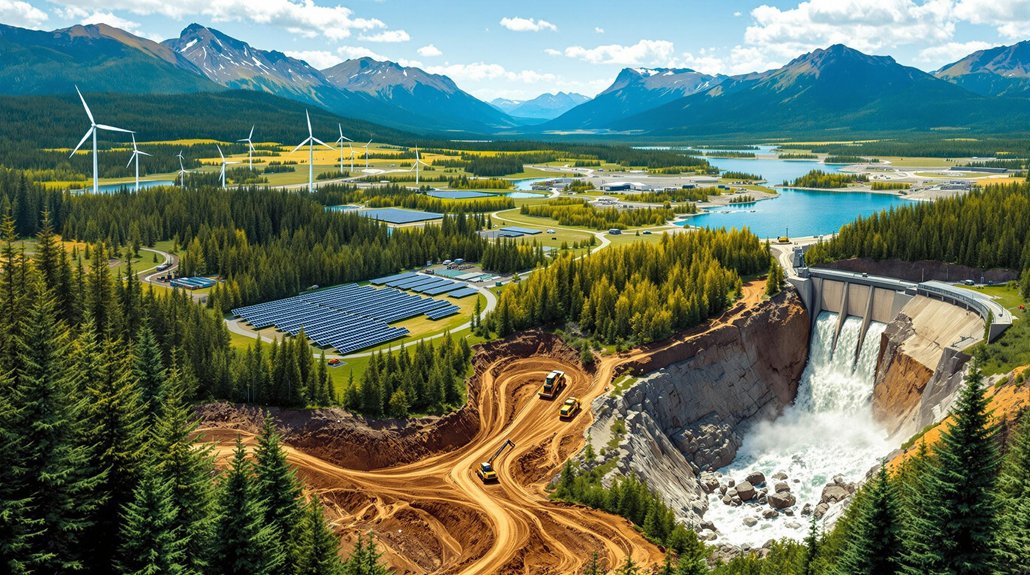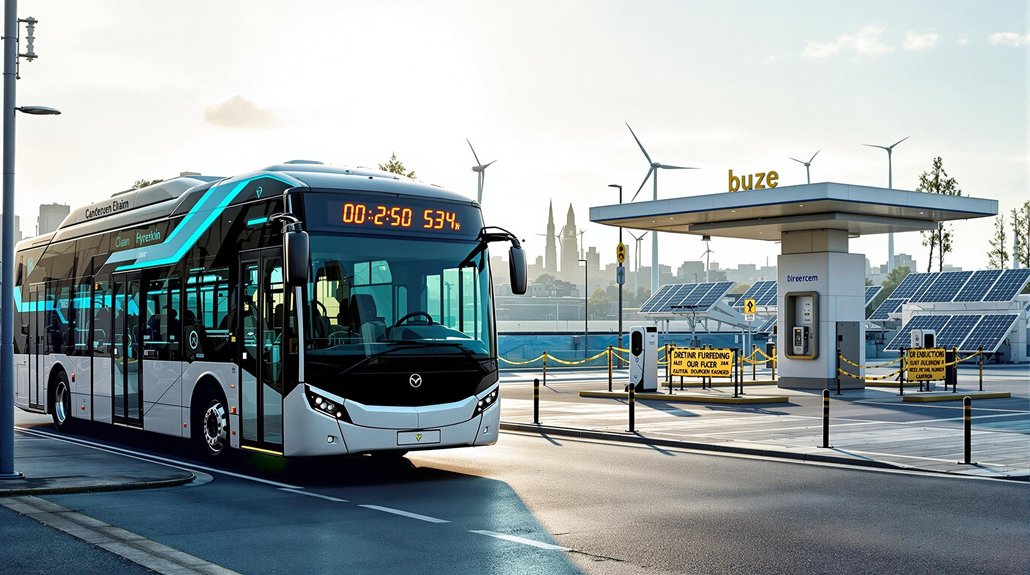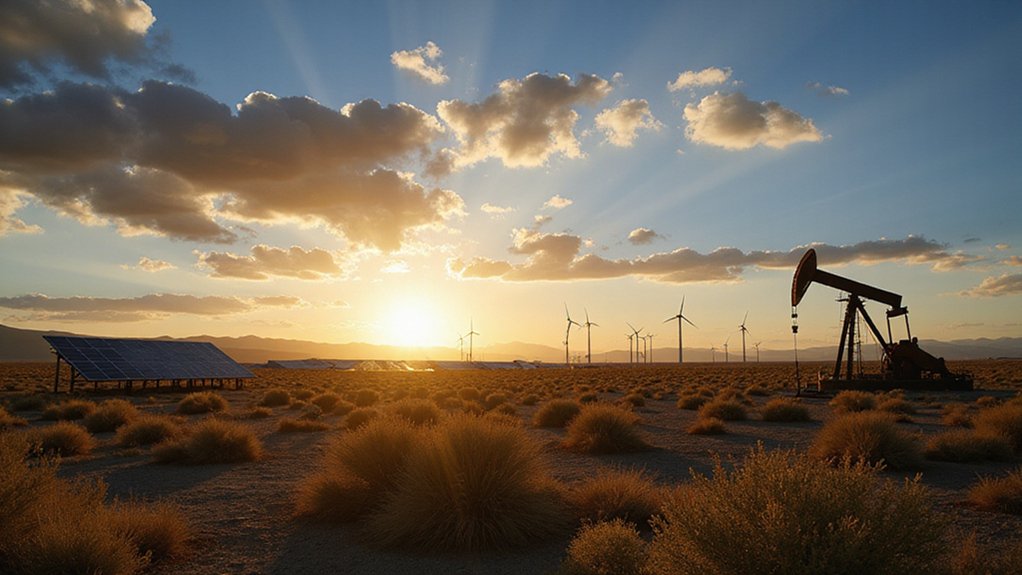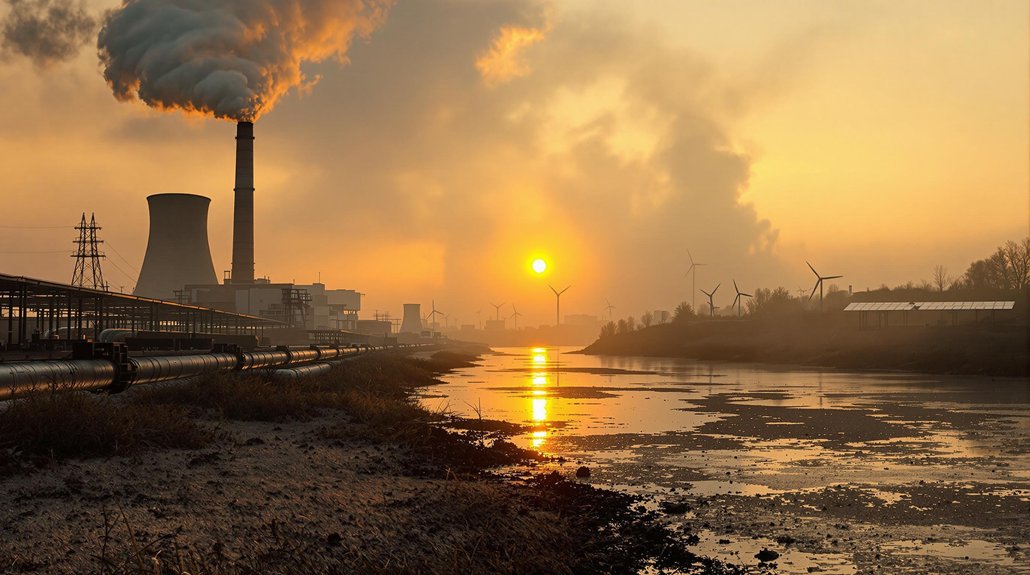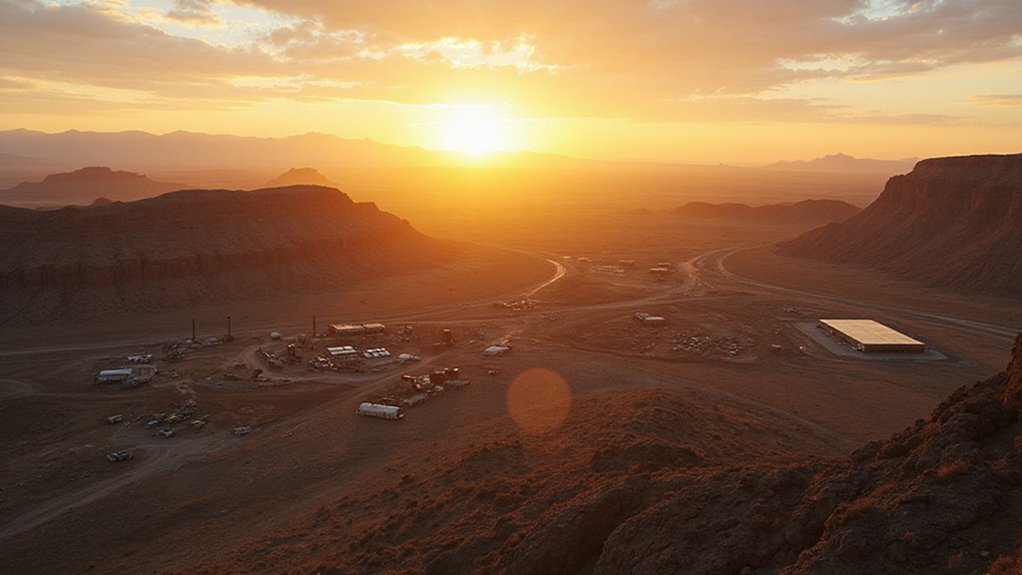Canada is making big moves to speed up energy development across the country. The government is cutting red tape that has slowed down essential mineral mining and energy infrastructure projects. Officials have committed billions to small modular reactors while creating faster approval processes. Quebec leads with nearly $300 billion in planned investments spanning traditional and renewable energy sources. These changes aim to strengthen Canada’s electricity production during a vital shift period. What remains unclear is how these regulatory changes will impact environmental protections.
As Canada expands its energy sector, the nation is seeing remarkable growth in both traditional and renewable projects across multiple provinces. Currently, 223 major energy projects worth $294 billion are planned countrywide, with 120 already under construction. Quebec leads with 99 planned or in-progress projects valued at $64.1 billion scheduled between 2024 and 2034.
Canada’s unprecedented energy expansion includes 223 projects worth $294 billion, with Quebec leading the charge in both traditional and renewable developments.
The federal government is backing these developments with significant funding. A $20 billion allocation through the Canada Infrastructure Bank supports clean electricity infrastructure. By 2035, Canada’s electricity generation capacity is expected to grow from 149 GW to 170 GW, showing the nation’s commitment to energy expansion. Canada produced an impressive 625.7 TWh of electricity in 2021, with hydroelectricity accounting for 60% of the nation’s total generation.
Renewable energy is gaining momentum across the country. Quebec’s Chamouchouane wind farm, valued at $9 billion, exemplifies this trend. Clean technology is also advancing rapidly, with 45 projects in Quebec alone worth $32.8 billion. These include innovative developments like the TES Canada Green Hydrogen Plant, valued at $4 billion.
Critical minerals are becoming a key focus of Canada’s energy strategy. The Whabouchi Lithium Project ($2.1 billion) and Odyssey mine extension ($1.7 billion) are among the major investments. Mining represents 36.8% of Quebec’s planned investments, totaling $23.6 billion. These projects support the growing global demand for electric vehicle components and battery technologies.
Small modular reactors (SMRs) are emerging as an important part of Canada’s energy mix. Ontario is building two SMRs expected to be completed before 2030, while New Brunswick tests fourth-generation models. Unlike the United States where new mines face permit delays of up to 16 years, Canada is streamlining its approval processes for critical energy infrastructure. The federal government has committed $93.25 million for SMR development, plus an additional $55 million specifically for Saskatchewan’s projects.
The Clean Electricity Standard received $19 billion in the 2023 federal budget to support a near-zero emissions goal by 2035. Despite some challenges—eleven mining projects became inactive between 2023 and 2024—Canada continues to push forward with its ambitious energy plans, balancing economic growth with environmental considerations. Energy industry represents approximately 10% of FDI in Canada, highlighting its importance in attracting international capital.
